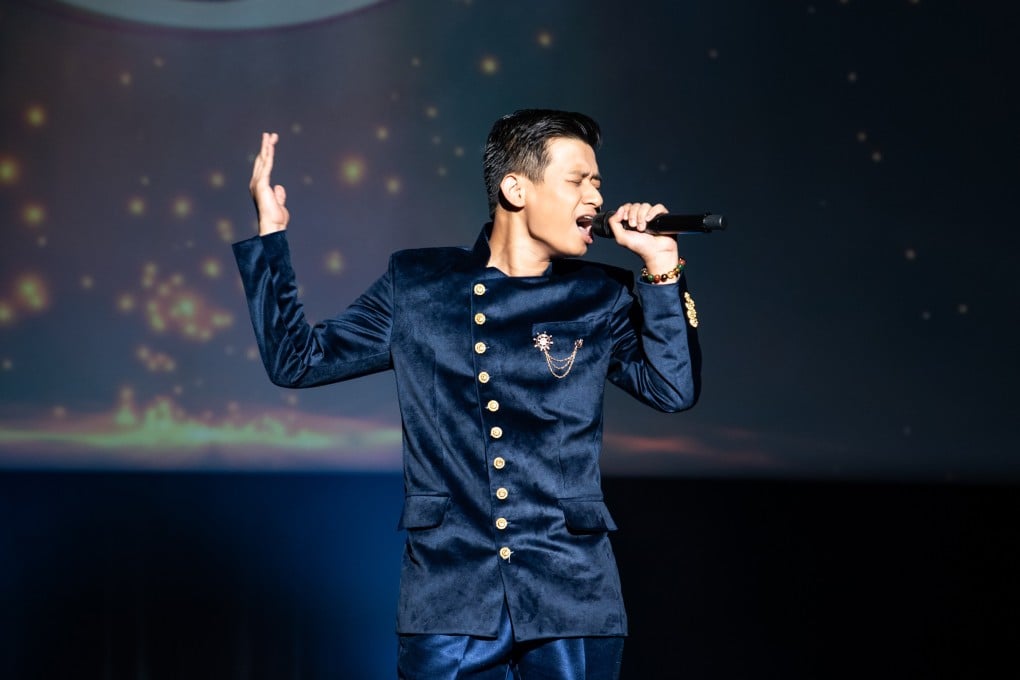Why karaoke became loved the world over, and the singers who want to be the best
- Karaoke originated in Japan but has become an international pastime and a global business valued at roughly US$10 billion a year
- The Karaoke World Championships, which began in Finland in 2003, are a reflection of its evolution from a guilty pleasure into a popular event

Every night of the week – and some days too – Anjo Ferdinand Sarnate fires up the karaoke machine in his home in Lucena City, south of Manila in the Philippines, and blazes through song after song.
There’s nine months to go until the next Karaoke World Championships (KWC), but having won the Viewers’ Choice Award with a stirring rendition of Celine Dion’s My Heart Will Go On last year, the 19-year-old Filipino hospitality student is determined to get to Toronto, Canada, and try his luck – and his larynx – this November. And that means practice.
“I’d love to go to KWC again – it was one of the best experiences in my career so far,” says Sarnate, who started taking singing seriously when he was nine.
“After KWC, I learned how to love my talent more and realised the true significance of karaoke. It’s all about enjoying every performance.”

Sarnate is not the only wannabe king-of-the-mic flexing his vocal cords. He faces myriad rivals from all around the world.